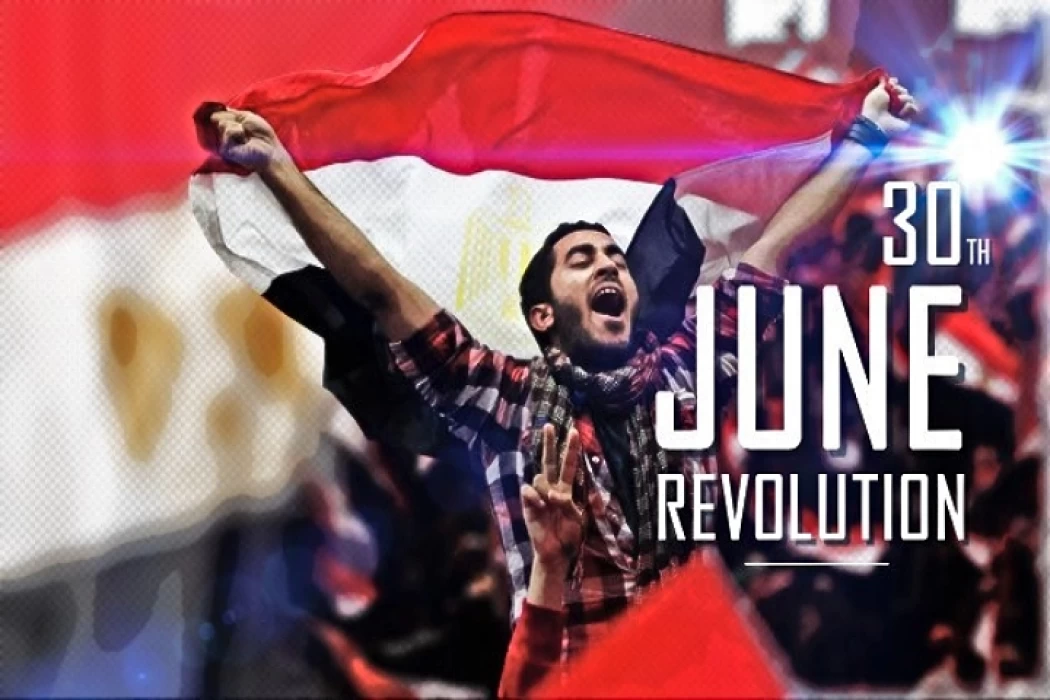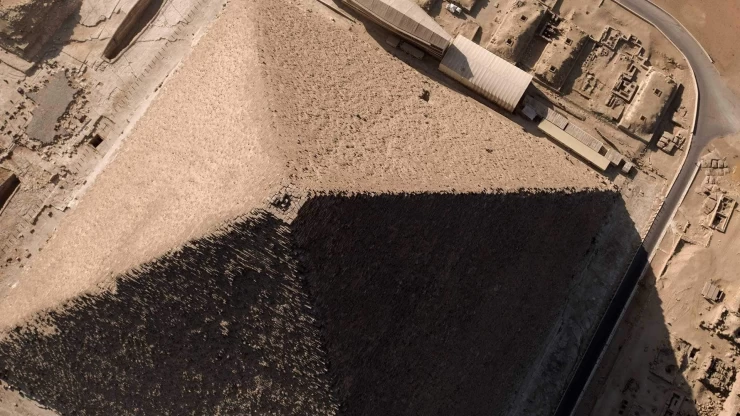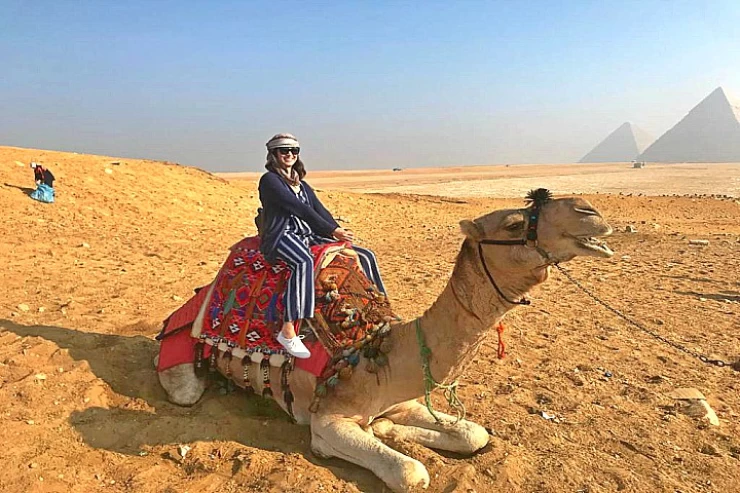
June 30 revolution Egypt
Just as the armed forces sided with the will of the people on January 25, they supported their demands and stood by them on June 30. The following are the most important reasons that led to the June 30 revolution:
Infringement of the judiciary
This was represented in the lack of respect for the judiciary’s rulings, the fabrication of successive crises with the judiciary that began with the dismissal of the Attorney General, Morsi’s issuance of constitutional declarations affecting the judiciary and public liberties, and his supporters besieged the Constitutional Court, and the crises continued as the Brotherhood raised the slogan of purifying the judiciary and working to raise the retirement age for judges.
This was in response to the Administrative Judiciary Court's ruling to stop the decision to organize the parliamentary elections so that the crises between the judiciary and the presidency would continue, causing public anger.
Presidential pardon for terrorists
Only 19 days after assuming office, the ousted president issued a decision to pardon prisoners, which included 588 prisoners, including Palestinians, who were accused in a number of cases, most notably weapons and ammunition, a show of force, and theft without weapons, but the strangest thing that happened in the history of presidential pardon decisions,
that for the first time Once, during Morsi’s era, Egypt witnessed a decision to pardon escaped prisoners. Morsi issued amnesty decisions for 18 and then 9 of the defendants in the international Brotherhood case, led by preacher Wajdi Ghoneim,
Ibrahim Mounir, Secretary-General of the International Brotherhood, Brotherhood leader Youssef Nada and others, in addition to the prisoners. In terrorist cases and those convicted in cases affecting the national security of the country.
Threatening National Unity
The practices of the Brotherhood regime led to the spreading of the spirit of hatred and division among the people of the country, and Morsi failed to unite the revolutionary, civil, and political forces under the principle of participation.
Rather, he worked to give priority to the principle of domination, and sedition took place in the Church of the Khus, and for the first time, the cathedral was attacked, which claimed the lives of several Copts. During the funeral of their families and relatives, in addition to the failure to solve the Copts' problems of enacting special laws for building churches.
Exclusion and state brotherhood
The Brotherhood was keen to penetrate all state agencies to control them. During only 8 months of rule, Brotherhood members were appointed to various state agencies, including 8 ministers, 5 governors, and 8 in the presidency. They also succeeded in penetrating the joints of 20 ministries by appointing advisors to the ministers and media spokesmen. And heads of sectors and directors of ministerial offices, in addition to appointing 5 deputy governors, 12 district and center heads, and 13 governors’ advisors.
Nile water crisis
This crisis was the best evidence of the Brotherhood’s stupidity and mismanagement, as the issue of building the Grand Ethiopian Renaissance Dam was dealt with negatively and the mismanagement of dialogue with political forces, as well as the scandal of broadcasting the meeting live on a matter related to the country’s national security, which contributed to a diplomatic crisis and strained relations With Ethiopia and eliminated attempts to open a dialogue with it regarding the Renaissance Dam to preserve Egypt's water rights.
The decline of foreign policy
Egyptian foreign policy has deteriorated, the prestige of the Egyptian state has been lost, and Egypt’s relations with many pivotal countries, especially in the Arab world, have declined, as Egypt’s foreign relations have been dwarfed, with the exception of relations with certain countries that support the Brotherhood’s rule in Egypt, such as Turkey and Qatar.
Cruise the blue waters through the two green strips that twist along the golden desert when you book your Egypt Nile River cruise excursions. And check out our seasonal offers to select the most suitable guesthouse or vacation home for your Easter 2024 vacation. We'll save you the hassle and include some of the best hotels and ships in all the cities you'll visit through Egypt travel packages, but if you like to book your own hotel, we've professionally customized a wide variety of Egypt day trips for you, start in the city that never sleeps and explore our Cairo day tours covering all the archaeological sites and entertainment venues starting from the Pyramids of Giza and the famous Sphinx to the Egyptian Museum located in El Tahrir Square and the National Museum of Egyptian civilization to see the golden mask of King Tutankhamun. And if you feel like camping in one of the most fascinating deserts in the world, we have created the white desert tours. Travel safely with us to Upper Egypt and book from our day tours to Luxor and travel further south to the incredible Nubia and explore all the options offered by our day tours to Aswan.Cruise the blue waters through the two green strips that twist along the golden desert when you book your Egypt Nile River cruise excursions. And check out our seasonal offers to select the most suitable guesthouse or vacation home for your Easter 2024 vacation. We'll save you the hassle and include some of the best hotels and ships in all the cities you'll visit through Egypt travel packages, but if you like to book your own hotel, we've professionally customized a wide variety of Egypt day trips for you, start in the city that never sleeps and explore our Cairo day tours covering all the archaeological sites and entertainment venues starting from the Pyramids of Giza and the famous Sphinx to the Egyptian Museum located in El Tahrir Square and the National Museum of Egyptian civilization to see the golden mask of King Tutankhamun. And if you feel like camping in one of the most fascinating deserts in the world, we have created the white desert tours. Travel safely with us to Upper Egypt and book from our day tours to Luxor and travel further south to the incredible Nubia and explore all the options offered by our day tours to Aswan.
















